Travel Safe: Essential Tips to Navigate Rising Infection Cases
5 minuteRead
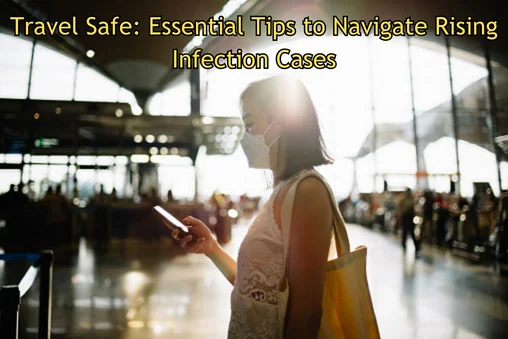
Travel has suffered as the world grapples with a global epidemic that has caused unparalleled disruption in our lives. With the number of virus cases still prevailing around the world, it is essential to take extra precautions when traveling. Here are some suggestions to help you be safe while traveling.
1. Check Travel Restrictions
Check the travel restrictions for your location before organizing any trip. Many governments have put travel bans or quarantine procedures in place for tourists from specific countries. The official government websites of your location will have the most up-to-date information on travel restrictions.

2. Always carry your Vaccination record
Before we get into what you need to know for the many airports, aircraft, and trains in your future—and what a thrilling prospect!—let's start with the fundamentals: Your immunization status. Traveling without being properly vaccinated and boosted is not safe. If you are unable to be vaccinated or have children under the age of five, your best bet this summer is to rent a secluded area where you can drive to and test before spending time with family. Some states and countries employ vaccine applications in addition to vaccine cards, but the card is always essential. Travel tip: Bring several copies and preserve the original in a safe, dry place.

3. Wear a Mask
Wearing a mask is still one of the most effective ways to prevent the spread of COVID-19. Make sure to wear a mask that covers your nose and mouth when you are in public places or around people who are not in your household. Consider wearing a higher-grade mask, such as an N95 or KN95, if you are in a high-risk environment.

4. Practice Social Distancing
Maintain a minimum of 6 feet (2 meters) between yourself and others, especially in crowded settings. Avoid huge crowds and busy areas. When taking public transportation, keep a safe distance from other passengers.
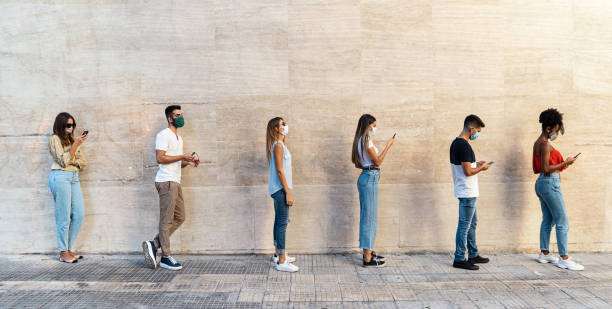
5. Wash Your Hands Frequently
Wash your hands frequently with soap and water for at least 20 seconds. Use hand sanitizer if soap and water are not available. Avoid touching your face, especially your eyes, nose, and mouth.

6. Pack Extra Supplies
Pack extra supplies, such as masks, hand sanitizer, and disinfectant wipes. Use disinfectant wipes to clean surfaces that you will be touching, such as tray tables, armrests, and seat belts. Avoid using the airline’s blankets and pillows as they may not be washed properly between flights.
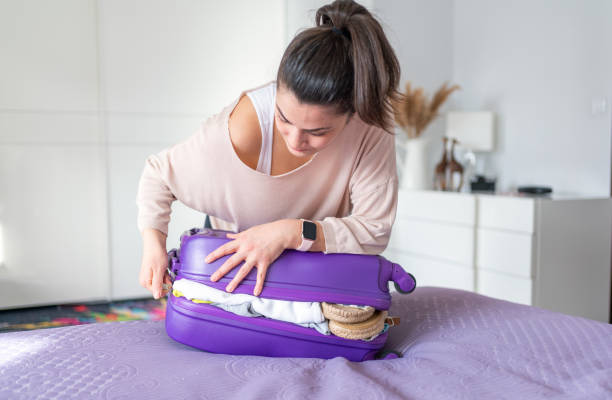
7. Stay Informed
Stay informed about the COVID-19 situation in your destination. Check the local news for any updates on restrictions, quarantine requirements, and case numbers. Be prepared to change your travel plans if the situation worsens.

8. Prepare for What's Ahead If You Test Positive Abroad
No matter where you go, be prepared to be quarantined for up to 14 days, so bring enough of any prescription medications to last you.
Each country has its own quarantine regulations. Many countries provided free accommodations for foreigners who needed to quarantine during the early months of the pandemic, but now the risk is entirely on the traveler. If your hotel or rental house is not fully booked, the proprietors may provide a discount or a free night or two out of courtesy, but you should not rely on this solely.
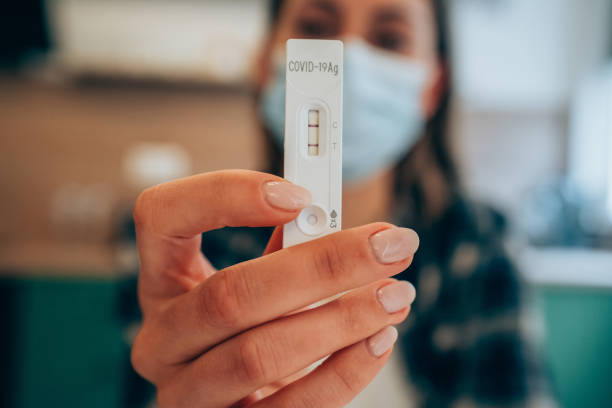
9. Invest in travel insurance if you can
If we've learned anything over the last couple of years, it's that we must prepare for the unexpected—which is precisely what insurance is for. Most travel insurance policies cover medical bills, whether COVID-related or not, but to protect yourself in the event of a COVID-related quarantine, make sure to add trip interruption coverage to your policy.
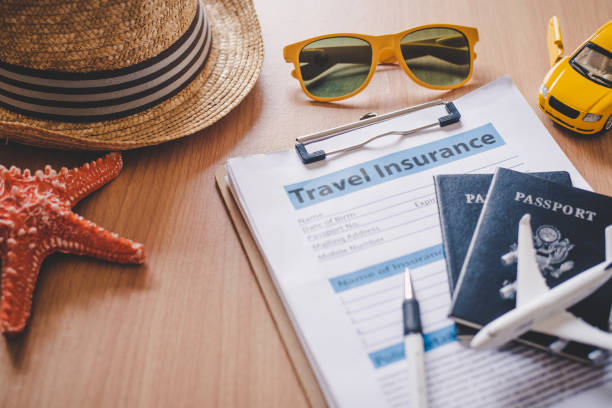
In conclusion
Traveling these days necessitates particular caution and care. By following these travel safety tips, you may keep yourself and others safe from COVID-19 while having fun on your trip. Check travel regulations, get vaccinated, wear a mask, practice social distancing, wash your hands frequently, bring extra supplies, and be informed. Have a happy and safe trip!
Write, Record and Answer! Consume Unlimited Content! All you need to do is sign in and its absolutely free!
Continue with one click!!By signing up, you agree to our Terms and Conditions and Privacy Policy.










